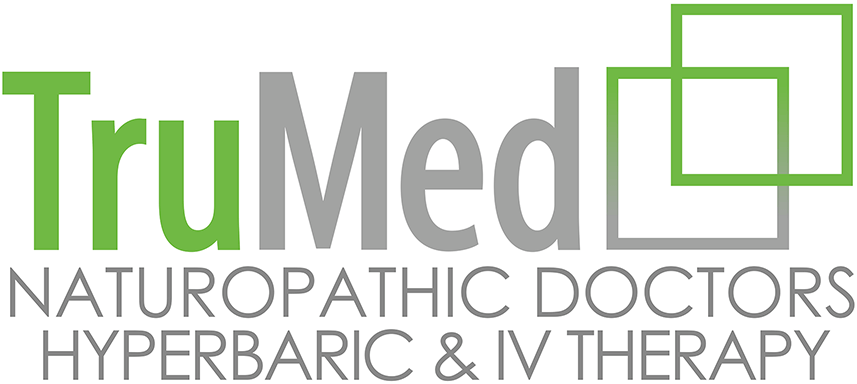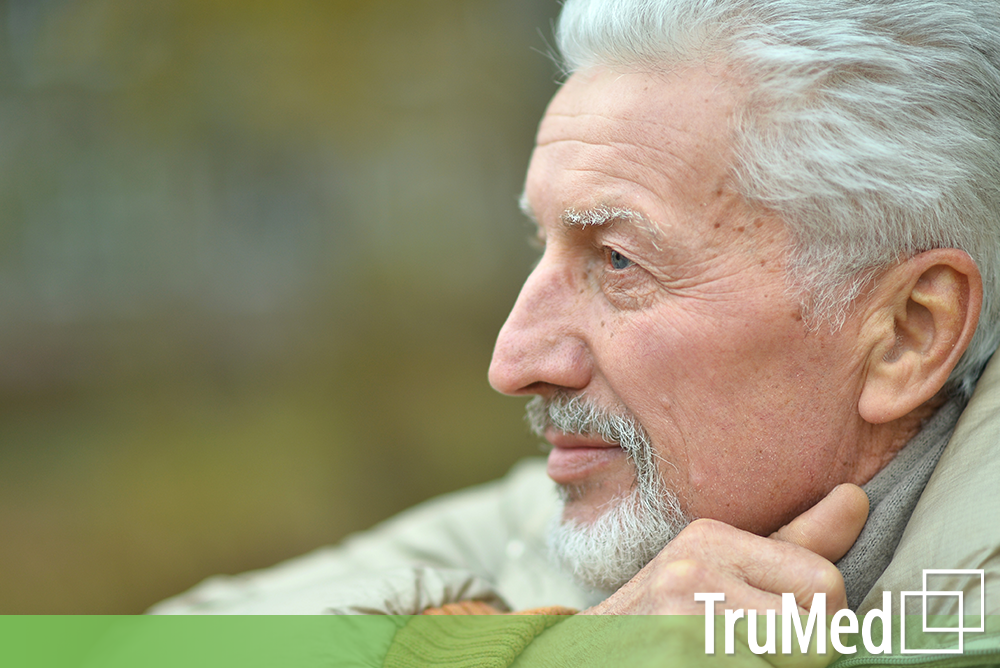Hyperbaric Chambers & Cardiovascular DiseaseHyperbaric Oxygen has been studied in Cardiology. |
|||||
Background:The cardiovascular system initially responds to Hyperbaric Oxygen with vasoconstriction, reduced heart rate and cardiac output (baroreflex-mediated mechanism). However, the raised pO2 more than compensates for the reduction of the blood flow. Vasoconstriction is viewed as a regulatory mechanism to protect the healthy organs from exposure to excessive oxygen. Hyperbaric Oxygen Treatment improves the elasticity of the red blood cells and reduces platelet aggregation The Naturopathic Doctors at our Edmonton based clinic consider the use of Hyperbaric Chambers in certain cardiovascular issues such as ulcers and angina - which are challenging to treat otherwise with other natural medicines. Arterial Ulcers22 patients with leg ulcers from chronic arterial insufficiency were treated with Hyperbaric Oxygen at 2.0–2.5 ATA (for up to 70 sessions). 12 of 22 had healing of the arterial ulcers (Kidokoro et al. 1969).
12 of 16 had complete healing of their ulcers (Hart and Strauss 1979).
52% showed complete healing and amputation was avoided in 65% (Perrins and Barr 1986). General nutritional sufficiency is key for healing of ulcers which our Naturopaths can achieve with IV Therapy.
Venous Ulcers:
17 patients with varicose ulcers of the legs were treated with Hyperbaric Chamber therapy at 2.5 ATA once daily. Five patients healed completely, six showed marked improvement, and another four had slight improvement (Slack et al. 1966). 19 resistant cases of venous stasis ulcers were treated with Hyperbaric Oxygen Therapy at 2.0 ATA. Complete relief was obtained in 17 of 19 (Bass 1970). For venous insufficiency, Horse Chestnut is a favorite of our Naturopathic Doctors. Our Naturopaths also often add flavonoids (which are easily found locally in Edmonton) to enhance tissue integrity, including the tissues of the veins and capillaries in addition to Hyperbaric Oxygen.
AnginaEfuni et al. (1984) found a reduction in the severity of angina pectoris after Hyperbaric Oxygen by looking at 138 coronary patients. Goliakov et al. (1986) Hyperbaric Chambers were shown to produce a favorable effect in 84 % of 40 patients with angina pectoris. Smetnev et al. (1979) treated 77 patients with chronic heart disease with 12-15 treatments of Hyperbaric Oxygen in combination with pharmacologic interventions, alleviated or arrested the angina and improved the symptoms of cardiac decompensation. In case reports and uncontrolled trials, Magnesium injections result in complete symptom relief or marked improvement in the majority of patients with angina. Our Naturopathic Doctors have seen impressive results treating angina with IV Magnesium at our office in Edmonton which can be done adjunctively with Hyperbaric Chamber treatments. Peripheral Vascular DiseaseSakakibara (1986) used Hyperbaric Chambers in 159 patients with chronic peripheral vascular disease. 69% of the 159 patients had healing of their sores.
Visona et al. (1989) treated patients in various stages of peripheral vascular disease. Clinical symptoms improved in 70% with long-term improvement in more than 50 % of the cases. At our Edmonton clinic, our Naturopathic Doctors usually defer to adding IV Phospholipids in Peripheral Vascular Disease in addition to Hyperbaric Chamber therapy as human data exists for Plaquex improving walking distance in patients with PVD.
|
|||||

